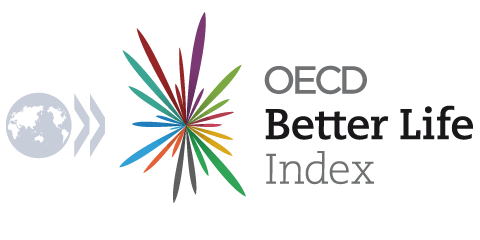Quality of life is essential to Corporate Social Responsibility
By guest author
In the collective consciousness, Corporate Social Responsibility (CSR) is usually associated with only ecological and philanthropic activities, but there is more to CSR than that. CSR is about engaging with the social environment in which one lives. For better understanding I refer to a key word: community, defined as a reciprocal agreement with the habitat surrounding the company, with stakeholders: employees and their families, customers, investors, neighbors, suppliers, the environment, etc.
A necessary, rather than voluntary commitment from corporations is needed to meet society’s demands for corporate involvement in general well-being.
Fundamental questions arise from this quest for greater well-being, from those responsible for carrying out these programs. Some corporations have specific programs on Quality of life in the company to create a favorable working environment, that is encouraging, positive, tolerant and respectful, that does not discriminate, and that acts as a catalyst for the personal development of employees.
Understanding Quality of life seems logical for companies that have integrated social responsibility into their strategy, because they have made a commitment to their environment. This term is particularly broad, covering programs for employees and general positive social impacts. However, there is also some subjectivity to it, depending on each individual’s perception. This is why up to date in-depth studies on this topic are a very valuable source of information for businesses and corporations present in several countries.
Multinational corporations’ actions are often based on general information on their global initiatives, but it is necessary to adapt and contextualize each program to its local environment. Studies and reports on quality of life in a society are a primary tool to develop the social responsibility strategy of a company. One concrete example is the Jalisco como vamos report carried out in the state of Jalisco, Mexico, by the Citizen Observatory, which focuses on quality of life indicators in Jalisco society, a key resource for adapting the CSR strategy of companies in this region.
Populations change, expectations change, and so do the environment and reality we live in. What damages your local environment, also hurts your employees and collaborators so that indicators such as health, environment, poverty, education, housing, mobility, public space, culture and recreation, satisfaction, security, etc, individually or combined, provide a starting point for analysis when developing a project.
Cooperative actions such as understanding, promoting and contributing to a better life, lead to a more positive view of the company, both internally and outside the company. It is an investment of time, money and effort with benefits in the short, medium and long term.
About the author
Xochitl Gabriela Cuevas Ramírez, maestra en Relaciones Económicas Internacionales y Cooperación por la Universidad de Guadalajara. Línea de investigación: Responsabilidad Social Empresarial. Actualmente se desempeña como Analista de Ciudadania Corporativa en IBM Guadalajara Jalisco México. Es voluntaria en varias ONG´s.
Find out more
Measuring Well-being and Progress: Research and development projects


Comments